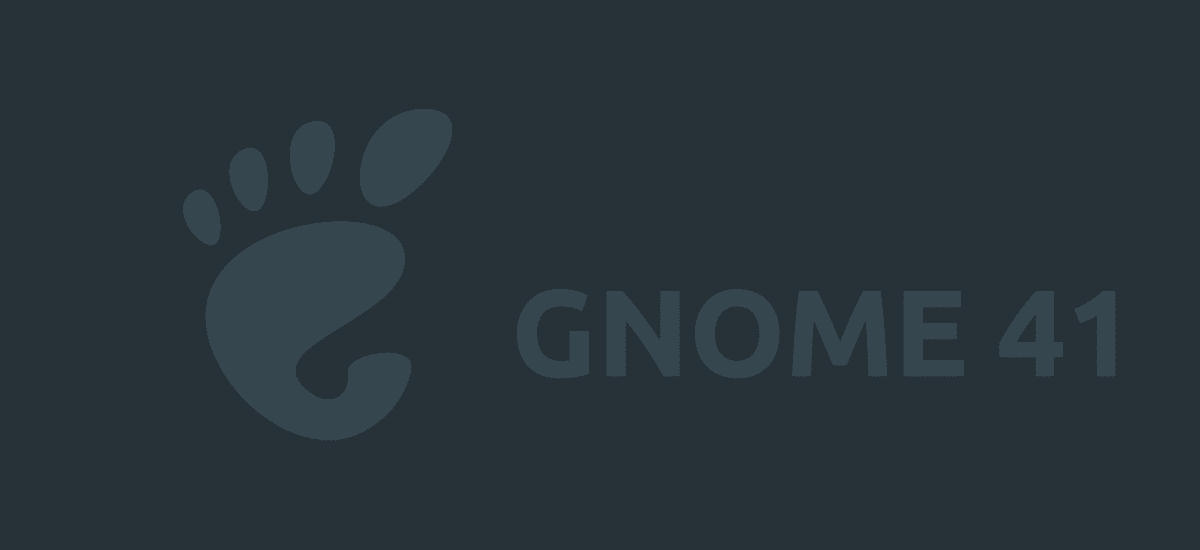
GNOME 40 was released just a week ago and we already know a few tidbits of its successor. As we read in this post from Adrien Plazas' blog, GNOME 41 will arrive with libadwaita, which is a GTK 4-based libhandy port that will play an essential role in defining the visual language and user experience in GNOME applications. The intention or what is sought with this change is to improve consistency.
libadwaita will try to help unify GNOME applications and improving its human interface guidelines while allowing GTK 4 to advance and be used by independent GNOME developers (the community). Libadwaita is likely to be used in GNOME GTK 4 applications, which will allow for better integration and all applications will share design.
GNOME 41 is coming after the summer
GNOME 41 will come with libadwaita, libhandy's GTK 4 port that will play a central role in defining the visual language and user experience of GNOME applications.
La lack of consistency It is a problem that Ubuntu users have seen, although for other reasons. Until Groovy Gorilla, there are parts that do not look quite right if the default theme is changed, which is why Ubuntu 21.04 will come with dark menus instead of white. With the changes planned for the next version of the desktop, Ubuntu 21.10 is sure to look much better than the version released a year ago, in October 2020.
GNOME 40 It is the desktop that Fedora 34 will use, but not Ubuntu 21.04 Hirsute Hippo, who will mark himself "a Debian" in the sense that he will err on the side of conservative to try not to detract from the user experience. GNOME 41 is coming this fall, about a month before the release of Fedora 35 and Ubuntu 21.10.